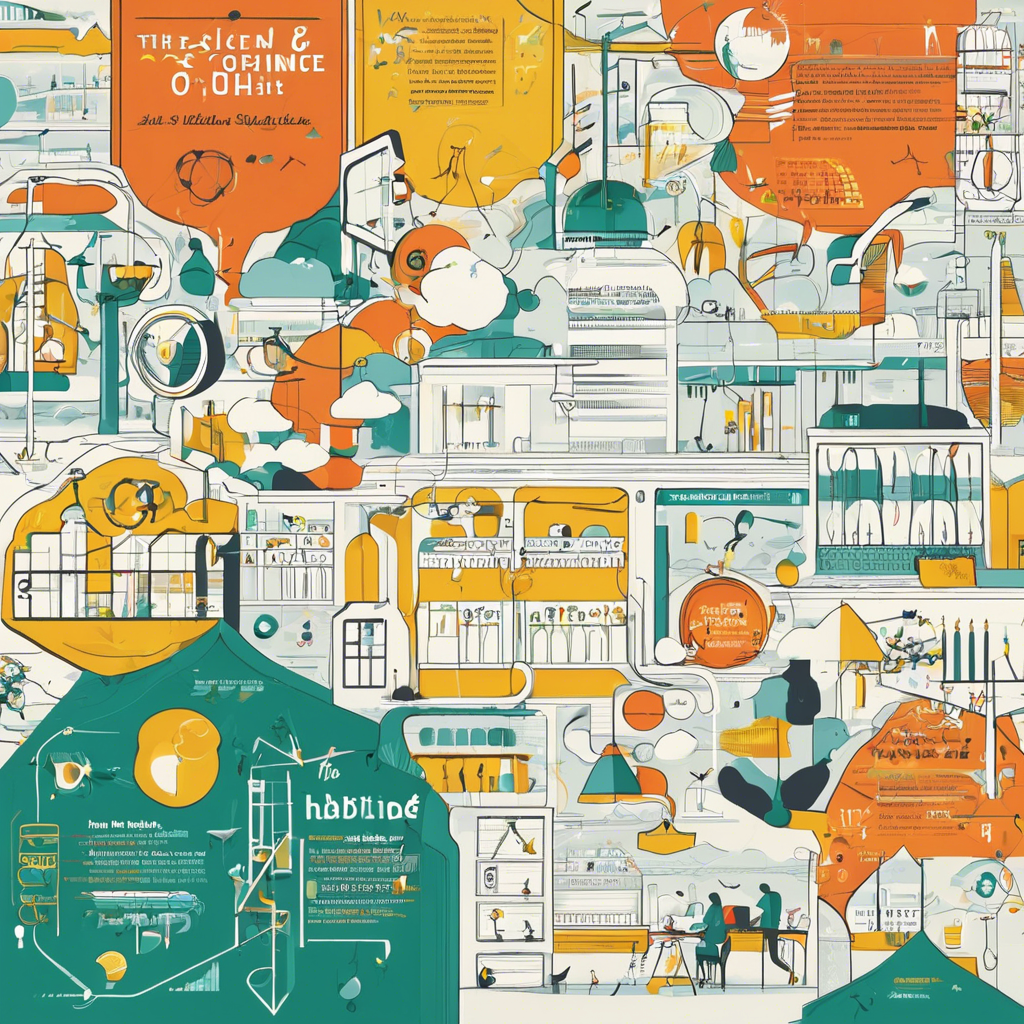Have you ever wondered why some habits stick with us while others are quickly forgotten? Building good habits can be a powerful tool for personal growth and success, but it’s not always an easy task. Understanding the science behind habit formation can help unlock the secrets to creating lasting, positive changes in our lives. So, let’s dive into the fascinating world of habit building and explore practical strategies to make those good habits an integral part of your daily routine.
The process of forming habits involves a fascinating interplay between our brains, behavior, and environment. It begins with a simple pattern: cue, routine, and reward. A cue acts as a trigger, prompting you to engage in a specific behavior or routine. For instance, feeling thirsty is a cue that leads to the routine of drinking water. The reward, in this case, is quenching your thirst, providing satisfaction and reinforcing the habit loop. Over time, these habit loops become automatic, requiring less conscious effort to perform.
Diving deeper, the brain’s role in habit formation is significant. Our brains are wired to conserve energy, and habits are essentially a way to streamline repetitive tasks, making them less taxing. When we repeat a behavior, our brain’s basal ganglia, responsible for habit formation, become more active. This activity strengthens neural pathways, making the behavior more automatic. Interestingly, research using functional magnetic resonance imaging (fMRI) has revealed that the brain’s activity during the cue and reward phases of a habit loop is similar to that experienced during the actual performance of the habit.
But how can we harness this knowledge to build good habits? The key lies in understanding this simple yet powerful loop and strategically manipulating its components. First, identify a clear and specific cue that reliably predicts the desired behavior. Then, establish a routine that is straightforward and achievable. Finally, ensure a satisfying reward that reinforces the habit loop. For instance, if you want to cultivate a reading habit, set a cue like ‘after dinner,’ a routine of ‘read a chapter of a book,’ and a reward like ‘enjoy a cup of herbal tea,’ which provides a sense of relaxation and accomplishment.
